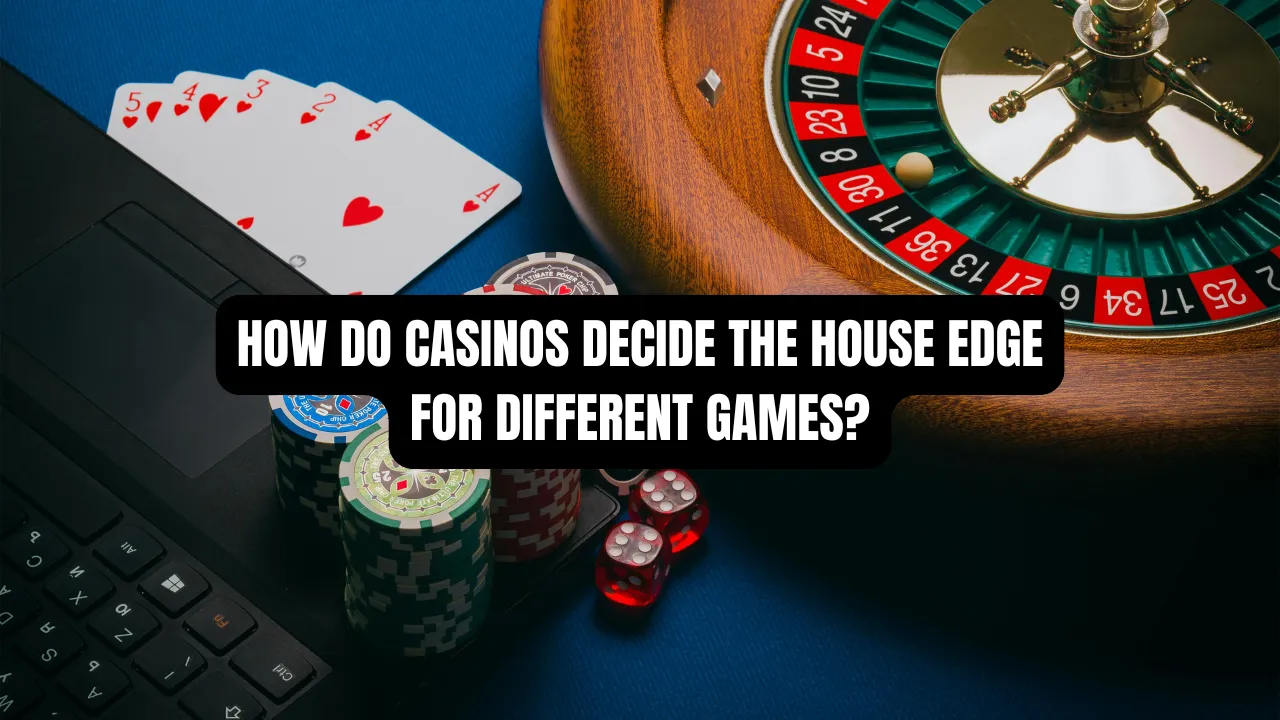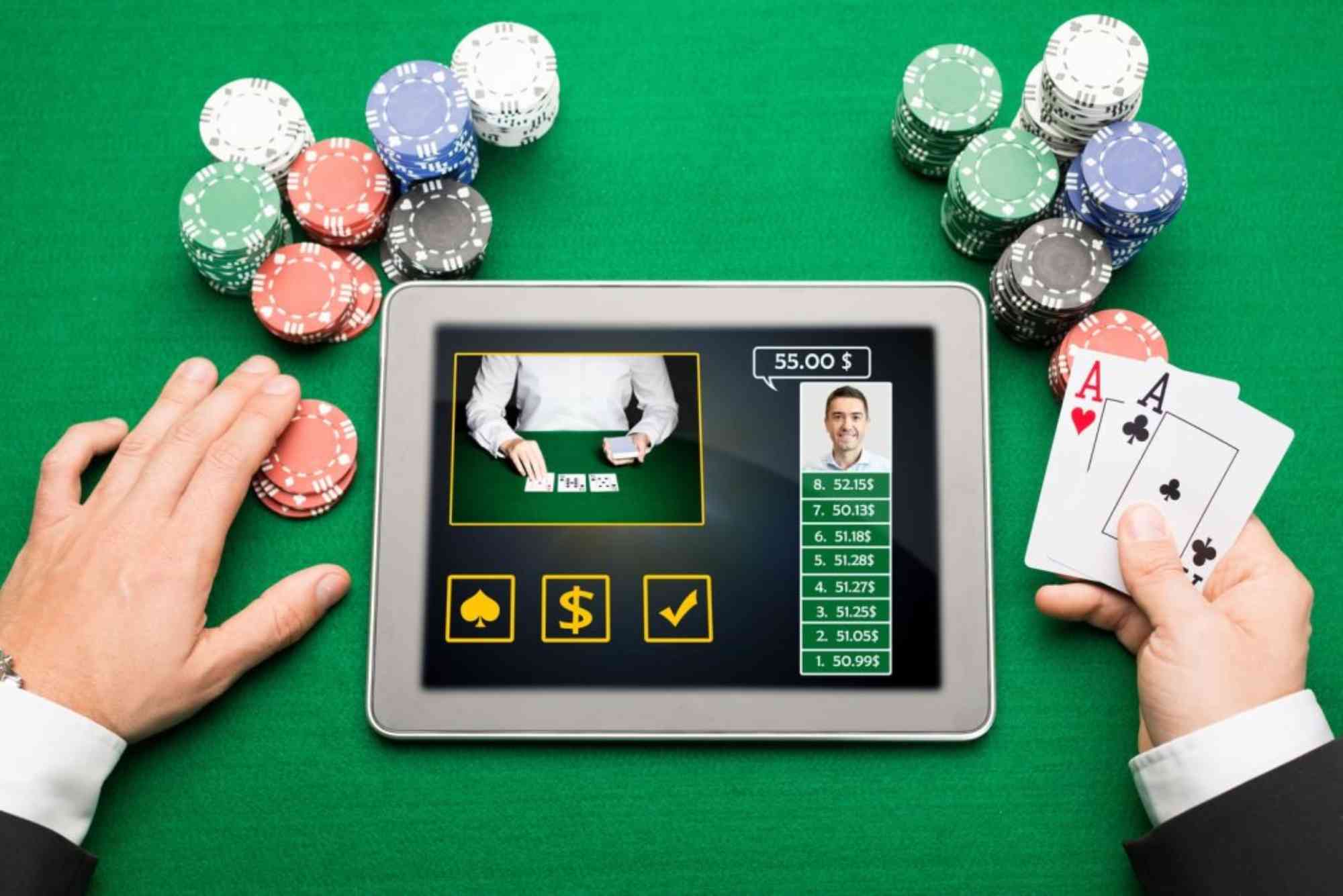When most people walk into a casino, they’re immediately dazzled by the lights, sounds, and excitement of games waiting to be played. But behind all that entertainment lies careful mathematics designed to ensure the casino stays profitable. This is where the concept of the “house edge” comes in. It’s not just a term—it’s the backbone of how casinos operate, whether you’re playing a slot machine in Las Vegas, a blackjack table in London, or even trying your luck on a crypto casino uk platform.
The house edge is essentially the casino’s built-in advantage in every game. While it doesn’t mean players can’t win, it guarantees that over thousands or millions of bets, the casino will always come out ahead. Understanding how casinos set this edge across different games can help you become a smarter, more strategic player.
The Mathematics Behind the House Edge
At its core, the house edge is calculated using probability and expected value. Casinos analyze every possible outcome in a game and compare the true odds to the payout odds offered to players. The difference between the two is the house edge.
Take roulette as a simple example. In European roulette, there are 37 pockets, numbered 1 to 36 plus a single zero. If you bet on a single number, the true odds of hitting it are 1 in 37. However, the payout is 35 to 1. That slight difference between the true probability and the payout creates a 2.7% house edge. In American roulette, where there are two zeros, the edge rises to 5.26%, making the game less favorable for players.
Casinos don’t need to rely on luck or manipulation—just basic arithmetic ensures they always have a margin.
Why House Edge Varies Between Games
Not all games are created equal, and that’s by design. Games like blackjack, baccarat, and poker often advertise low house edges, sometimes under 1% if played with perfect strategy. Slot machines, on the other hand, can have edges as high as 10% or more, depending on their design.
The reason casinos set different house edges is to balance player psychology with business goals. Games with lower edges tend to attract skilled players and high rollers who play for long periods, providing steady revenue. Games with higher edges, like slots, appeal to casual players seeking quick fun, and their higher margins compensate for shorter play sessions.
It’s a delicate balancing act. Too high an edge and players feel cheated, avoiding the game. Too low, and the casino doesn’t make enough profit to sustain its operations.
House Edge in Skill-Based Games
One of the most interesting areas is how casinos deal with games involving skill, like blackjack or poker. Unlike slots or roulette, where outcomes are random, these games allow players to influence results through strategy.
Casinos account for this by setting rules that nudge the math in their favor. In blackjack, for example, whether the dealer hits or stands on a soft 17 can affect the house edge significantly. Offering payouts of 6:5 on blackjack instead of the traditional 3:2 also increases the casino’s advantage.
For poker, the house doesn’t play against the players but instead takes a small cut of each pot, known as the “rake.” This ensures the casino profits regardless of who wins the hand.
The Role of Game Design and Payout Structure
Game designers work closely with casinos to create payout structures that are both exciting for players and profitable for the house. Slot machines are a prime example. Developers program them with a predetermined return-to-player (RTP) percentage, which is essentially the inverse of the house edge. A slot with an RTP of 95% means the house edge is 5%.
To keep players engaged, slot machines mix smaller frequent wins with rare but large jackpots. This balance maintains excitement while ensuring the long-term profitability of the game. The flashing lights, celebratory sounds, and near-miss visuals all work together to keep players spinning, even though the math is quietly working against them.
How Online and Crypto Casinos Handle House Edge
The rise of online gambling has added new layers to how house edge is calculated and perceived. Online platforms can afford to offer slightly better odds because they have lower operating costs compared to brick-and-mortar casinos. However, the edge is still always in place.
In the case of crypto casinos, transparency has become a selling point. Many blockchain-based games use “provably fair” algorithms, allowing players to verify that the outcomes are truly random and not manipulated. While this adds trust, the house edge still exists—it’s simply programmed into the payout structure.
In the UK, players are increasingly exploring platforms like crypto casino uk, where the blend of digital currency and traditional casino mathematics creates a unique gaming experience. These platforms highlight how the timeless principle of the house edge adapts even in the modern age of decentralized finance.
Why Understanding the House Edge Matters for Players
Knowing how the house edge works doesn’t eliminate it, but it can empower you to make better choices. If you’re looking for entertainment and don’t mind the odds, high-edge games like slots might be your go-to. If you want a fighting chance at minimizing losses, games like blackjack, baccarat, or even video poker—when played with optimal strategy—are far better bets.
It also helps players set realistic expectations. No game is designed to consistently beat the house over time, but by choosing lower-edge games and managing your bankroll wisely, you can stretch your play longer and increase your chances of walking away with a win.
The Balance Between Fun and Profit
At the end of the day, casinos thrive because they strike the perfect balance between offering players a thrilling experience and ensuring their own profitability. The house edge is the invisible hand guiding this balance. It doesn’t ruin the fun—it simply ensures the lights stay on, the dealers stay paid, and the jackpots keep rolling.
As a player, your job isn’t to “beat the house edge” but to understand it, respect it, and make informed choices about how you engage with different games. Whether you’re sitting at a blackjack table in Monte Carlo, spinning a slot in Las Vegas, or exploring the world of online and crypto platforms, the math is always there in the background—steady, predictable, and unshakable.




